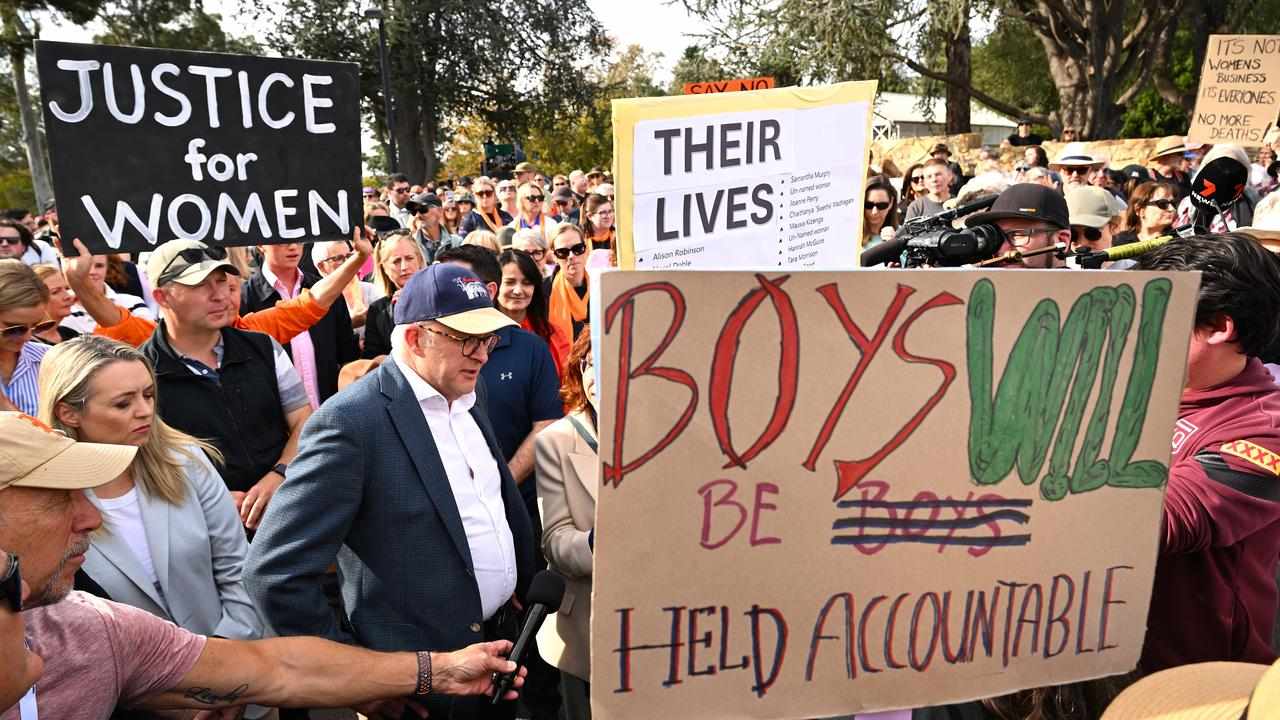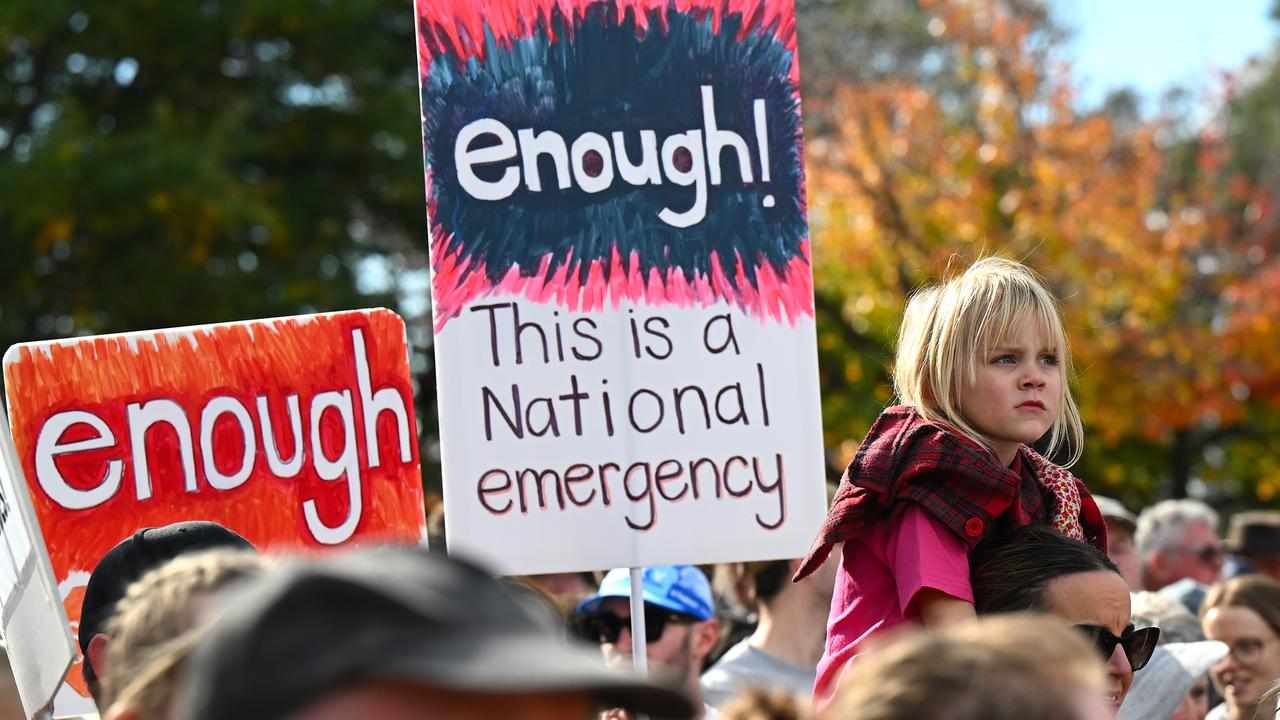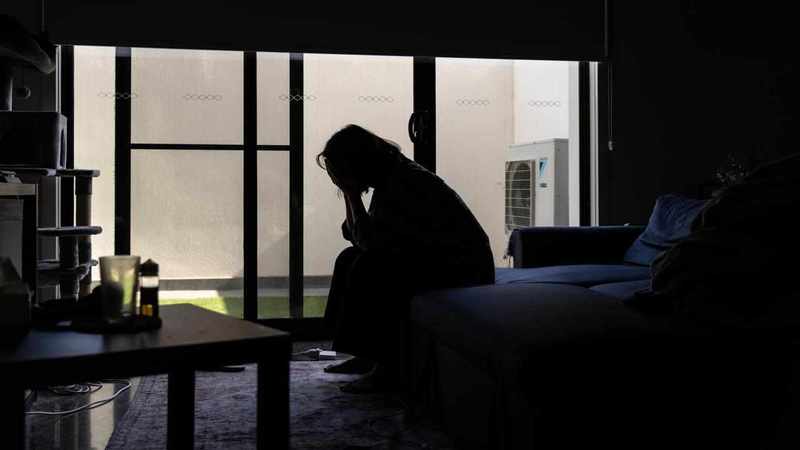Sexual assault and harassment victims will be immune from defamation proceedings, under new laws to encourage reporting to police.
The Victorian government introduced a bill to parliament on Wednesday extending the defence of absolute privilege to sexual abuse and harassment reports made to police and other compliant handling bodies.
Attorney-General Jaclyn Symes said false reporting to police would remain a crime but accused perpetrators would be stripped of the ability to sue for defamation.
"What we do know from victim-survivors is that through their experience they can feel hesitation and barriers to making reports to police about sexual abuse and harassment because of the threat of defamation," she told reporters.
"When it comes to complaints about this nature, false reports are very, very rare. It is not something people want to put themselves through."

Victoria is leading the reforms, which were approved by a majority of federal, state and territory attorneys-general at a meeting in September.
However, the agreement was subject to some jurisdictions’ cabinet processes.
The legislation comes at a time when governments around the nation are grappling with how to combat an escalating crisis of violence against women.
A 2022 consultation paper on the proposal said between 70 per cent to almost 90 per cent of Australians who have been sexually assaulted had not reported their most recent assault to police.
"While there is no single reason for Australia’s low reporting rates, many stakeholders have advised that defamation law has a chilling effect on reporting," the document said.

The paper suggested high-profile cases in the media, which are not covered under the Victorian-led reforms, create public perceptions that question victim-survivors' credibility and create a culture of fear.
"This perception that victim-survivors will be sued for speaking up can sometimes become a reality when they are threatened with defamation suits," it said.
Victoria Legal Aid confirmed it had heard stories from clients about employers and alleged perpetrators actively using the threat of defamation to silence victims.
"I felt that the threat of defamation, on top of everything else, was enough to scare me out of proceeding with a complaint," one woman said in its submission.
Another woman, a junior employee who was sexually harassed by the owner of the company she worked for, made a complaint and was sent a letter warning of defamation.
The bill also clarifies the liability of search engines and social media platforms when publishing users' defamatory comments, ensures police-issued body worn camera footage can be used as evidence in family violence court cases and rebrands the Victorian Inspectorate as Integrity Oversight Victoria.









